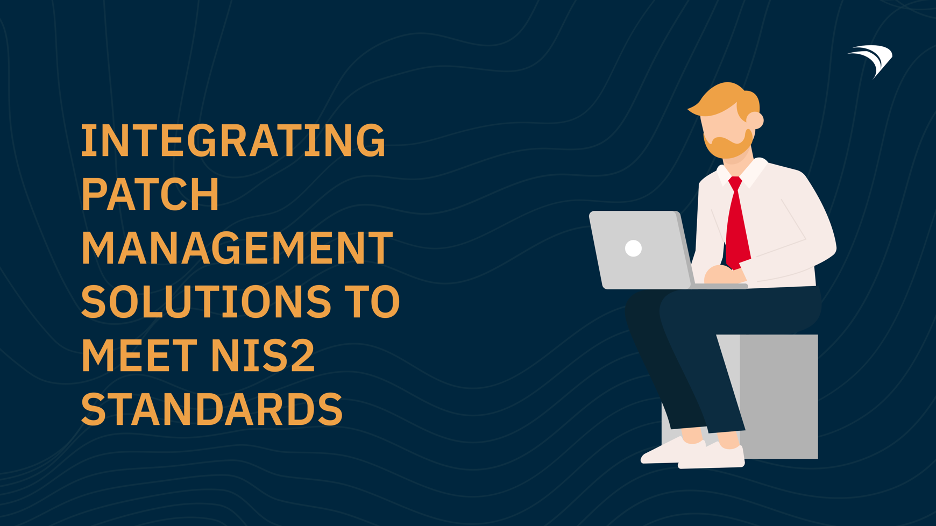Introduction
In our ever-evolving tech landscape, making the right call on a Device Management Solution (DMS) may feel like navigating through a maze. For organizations, this choice is not just about tech—it’s about streamlining operations and bolstering security in a world where devices proliferate like spring flowers. Whether you’re in a bustling office or a dynamic classroom, the implications of this choice can ripple across productivity and data integrity like a pebble tossed into a pond.
Understanding Device Management Solutions
At its core, a Device Management Solution is your organization’s best friend in keeping tabs on everything—be it company-owned gear or employees’ personal devices. Imagine the ease of having all your devices managed, configured, and secured seamlessly. DMS not only enables you to monitor and update software with ease; they also enforce robust security policies that act as a shield for your sensitive data, ensuring peace of mind in an age where cyber threats are lurking at every corner.
Why Device Management Matters
- Data Security: With the surge in cyber threats, having cutting-edge tools to safeguard your data becomes indispensable. A sound DMS helps keep your data safe from prying eyes.
- Operational Efficiency: Think of all the time that automating device management tasks can free up for your IT teams. With the heavy lifting taken care of, they’re free to focus on big-picture strategies instead of getting bogged down in maintenance.
- User Experience: A well-implemented DMS isn’t just about security; it’s about creating a seamless experience for your employees, ensuring they can access applications and resources effortlessly, without that ever-present fear of security breaches.
- Compliance: In today’s regulatory climate, where compliance is non-negotiable, a solid DMS can be crucial in ensuring your organization meets strict data protection requirements.
Types of Device Management Solutions
Diving into the world of device management, it’s crucial to understand that one size does not fit all. Different types of solutions cater to diverse organizational needs:
- Mobile Device Management (MDM): This is your go-to for primarily managing mobile devices—think smartphones, tablets, and laptops. It focuses on enforcing security policies, keeping apps in check, and ensuring compliance.
- Unified Endpoint Management (UEM): If you want a comprehensive approach, UEM is your answer. It oversees not just mobile but also desktop PCs, IoT devices, and much more, all from one handy interface.
- Enterprise Mobility Management (EMM): Looking beyond MDM, EMM combines mobile management with additional functionalities to oversee software applications and corporate content across the board.
Criteria for Choosing the Right DMS
So, how do you sift through the myriad options to find the DMS that fits your organization like a glove? Here are some essential criteria to consider:
- User-Friendliness: The best solutions are intuitively designed for both IT staff and everyday users, minimizing the learning curve and keeping frustrations at bay.
- Supported Devices: Don’t settle for a DMS that can’t handle your array of devices. Make sure it covers all operating systems and device types your organization relies on.
- Scalability: As your organization expands, your DMS should grow right along with it. Look for a solution that can accommodate an increasing number of devices and users.
- Security Features: Seek out solutions that come packed with advanced security features like encryption, remote wipe capabilities, and automated patch management. You can never be too safe!
- Cost: Be mindful of the total cost of ownership. This includes not just licensing fees but also implementation costs, and any potential extra expenses for additional services or features.
Benefits of Implementing a DMS
Investing in a high-quality Device Management Solution can unlock a treasure trove of benefits for your organization:
- Increased Productivity: By automating repetitive tasks, your IT teams can shift their focus to strategic projects that drive your business forward instead of getting lost in daily maintenance.
- Improved Security: A DMS ensures that security policies are consistently applied across all devices, effectively minimizing vulnerabilities.
- Enhanced User Experience: With streamlined access to the tools they need, employees can work without hindrance, leading to less downtime and a happier workforce.
- Better Compliance: With a good DMS at your disposal, meeting regulatory requirements becomes a breeze, often equipped with tools for audit trails and compliance reporting.
Common Challenges in Device Management
However, implementing a Device Management Solution isn’t without its hurdles. Here are some challenges organizations may face:
- Budget Constraints: A more expansive tech budget can sometimes feel like a pipedream. Be prepared to make compromises or justify investing in a comprehensive DMS.
- Resistance to Change: Change can be hard—especially when it comes to technology. Implementing thoughtful change management practices can ease the transition.
- Integration Issues: You want your new DMS to play nicely with existing systems, but achieving seamless integration can often be a frustrating endeavor.
- Data Security Concerns: Navigating compliance and security when sensitive data is handled via personal devices or BYOD programs can be quite the challenge.
Conclusion
Ultimately, choosing the right Device Management Solution is a pivotal decision in today’s tech-driven world. By carefully weighing your organization’s needs against what’s available in the market, you can adopt a solution that not only amplifies productivity but also serves as a fortress for your data integrity. A thoughtfully selected DMS has the potential to not just enhance efficiency, but also provide your organization with the scalability and security essential to thrive in a dynamic environment.
Ready to empower your IT team like never before? Don’t hesitate to reach out and see if our solutions align with your team’s vision and needs.





